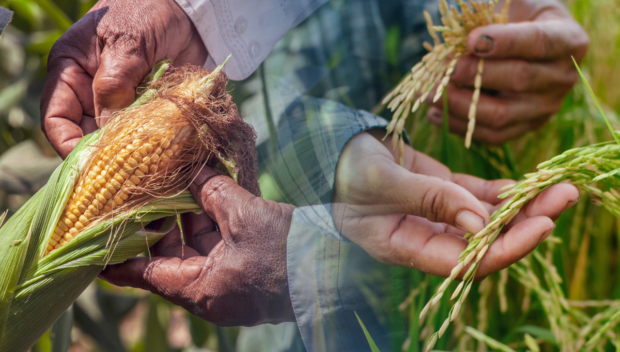Keep lower tariffs on key agri products, coal, gov’t urged

INQUIRER.net FILE PHOTO
MANILA -Amid inflation woes and food security concerns, the British Chamber of Commerce of the Philippines (BCCP) is pushing for a further extension of the implementation of Executive Order No. 10, which temporarily lowers tariffs on agricultural commodities including pork, corn and rice as well as coal for power generation.
In a statement, BCCP executive director Chris Nelson said another extension of EO 10 “will attract foreign businesses and companies to invest in the country and help sustain the global food supply chain.”
Signed on Dec. 29, 2022, EO 10 extends by one year the temporary lower tariffs on agricultural products to the end of 2023. Meanwhile, the lower tariff on coal is extended beyond 2023, subject to a review every six months.
READ: Marcos extends lower import duty rates on pork, rice, corn, coal
EO 10 itself extends the effectivity of the provisions of EO No. 171 that was signed on May 21, 2022.
In turn, EO 171 extended the effectiveness of EOs No. 134 and 135—both signed on May 15, 2021—which respectively lowered temporarily the tariffs on imported pork and rice.
Importation
These orders were issued as the government sought to arrest rising prices of these commodities by importation.
READ: Inflation still Filipinos’ top concern – Pulse Asia
Based on EO 171, tariffs on pork were brought down to 15 percent to 25 percent instead of 30 percent to 40 percent.
Also, tariffs on corn were slashed to 5 percent from 35 percent. Tariffs on rice, meanwhile, were brought down to 35 percent from 40 percent to 50 percent.
While the temporarily lowered tariffs on rice are in effect until Dec. 31, there is a pending petition with the Tariff Commission for a further decrease—albeit also temporary—to zero or no more than 10 percent.
Further, BCCP’s Nelson expressed strong support for the Anti-Agricultural Smuggling Act that seeks to widen measures and provide stringent policies to protect the Philippine agricultural sector.
Agri challenges
The law calls for measures to address the challenges facing the agricultural sector— including smuggling, hoarding, price-setting by cartels, and profiteering.
“Just like the [United Kingdom], the Philippines have a strong agricultural sector that should be utilized well through a comprehensive approach that is a key to establishing a resilient economy,” Nelson said.
According to BCCP, UK-Philippine trade has a positive outlook after ringing up a total of £2.6 billion ($3.22 billion) in trade of goods and services last year.
The business group noted that last year, the Philippines imported 34 percent more pork and pork products, helping make the country the second-largest market for pork shipments from the UK. INQ
